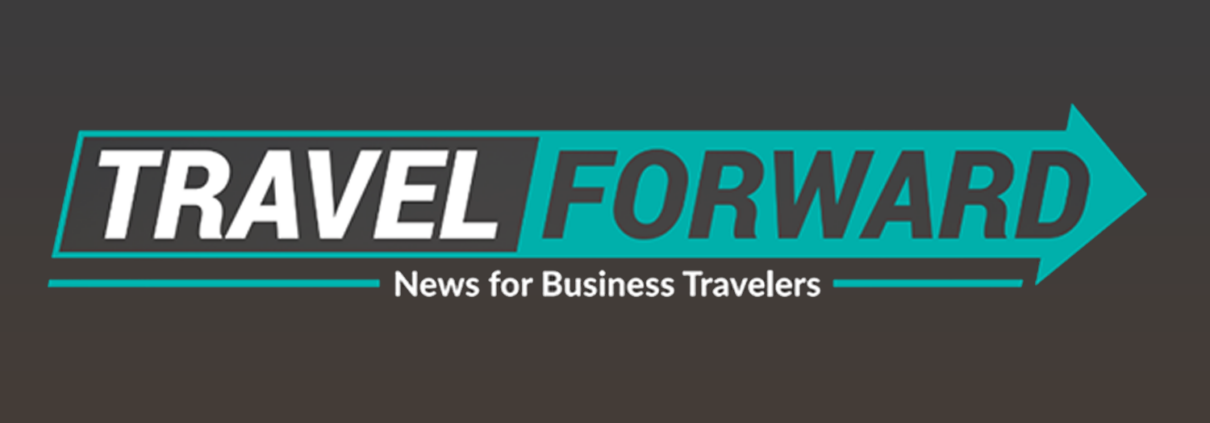The Younger Workforce: Key Insights for Business Travel Managers
The workforce is changing rapidly, and with it, the way companies approach business travel. Millennials and Gen Z employees now represent on average 53% of active business travelers.
This generational shift is driving new expectations and preferences that travel managers must understand to stay ahead.

In this communication, we highlight what you need to know about the younger workforce’s approach to travel—and how your travel program can adapt to meet their needs while supporting your company’s goals.
The Digital Traveler:
Millennials and Gen Z grew up with smartphones and instant access to information. They expect the same, mobile-friendly experience when booking and managing business travel. Clunky platforms or complicated processes risk pushing travelers outside of policy, increasing costs and risks.
- What to do: Review what new technology options are available within your existing partnerships to ensure you are utilizing the technology available for a mobile-first approach. If additional requirements are needed, consult with your Client Success Manager to identify trending third party options.
Flexibility and Personalization Matter
Rigid, one-size-fits-all travel policies often lead to dissatisfaction or non-compliance.
Younger travelers value choice and autonomy. They want to select flights, hotels, and ground transport that fit their preferences, including the option to extend trips for personal time.
- What to do: Build flexibility into your travel policy while maintaining your responsibility to manage spend. Have clear communications outlining the benefits behind your policy, rather than have it perceived as limiting choice. Consider adding a bleisure approach allowing the traveler to extend their trips, paying for all personal accommodations and expenses.
Work-Life Balance Is Key
Gone are the days when “burning the midnight oil” or booking red-eye flights was seen as a badge of honor. Today’s younger workforce prioritizes mental health and rest. Travel programs that disrupt well-being risk lower productivity and higher turnover.
- What to do: Design travel policies that minimize travel fatigue—limit overnight flights when possible, encourage reasonable itineraries, and support recovery time.
Experience Over Transaction
For many Millennials and Gen Z, travel is about more than just business. They value local culture, authentic experiences, and accommodations that feel personalized.
- What to do: Consider alternative preferred hotels that offer unique experiences for the younger generation. Consider incorporating traveler perks or experiences that reflect this desire for meaningful travel, enhancing employee satisfaction and loyalty.
Communication and Duty of Care
Younger employees expect clear, timely communication via their preferred channels—often mobile apps or messaging platforms rather than email. They also demand robust safety and support measures, including real-time alerts and mental health resources.
- What to do: Update communication strategies and leverage technology to provide seamless, proactive duty of care.
In Summary:
The younger workforce is reshaping business travel—pushing it toward digital convenience, flexibility, sustainability, and meaningful experiences. Travel managers who proactively adapt will not only improve traveler satisfaction, but also drive policy compliance and overall program success.



Leave a Reply
Want to join the discussion?Feel free to contribute!